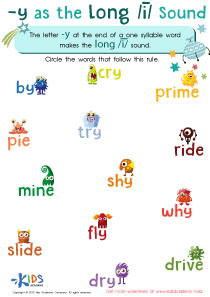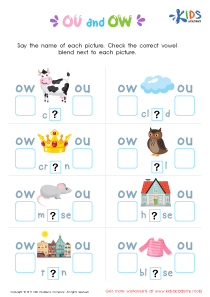Vocabulary enhancement Normal Short Vowels Worksheets for Ages 5-6
3 filtered results
-
From - To
Unlock the world of reading and writing with our Vocabulary Enhancement Normal Short Vowels Worksheets for Ages 5-6. Designed to build foundational skills, these engaging worksheets focus on short vowel sounds, essential for early literacy development. Perfect for young learners, each activity captures their imagination while enhancing vocabulary through fun exercises. Boost your child's phonetic understanding and word recognition with expertly crafted tasks that include matching, tracing, coloring, and more. Our worksheets provide a playful yet effective approach to mastering short vowels, setting the stage for confident reading. Ideal for home or classroom use, start your child's learning journey today!
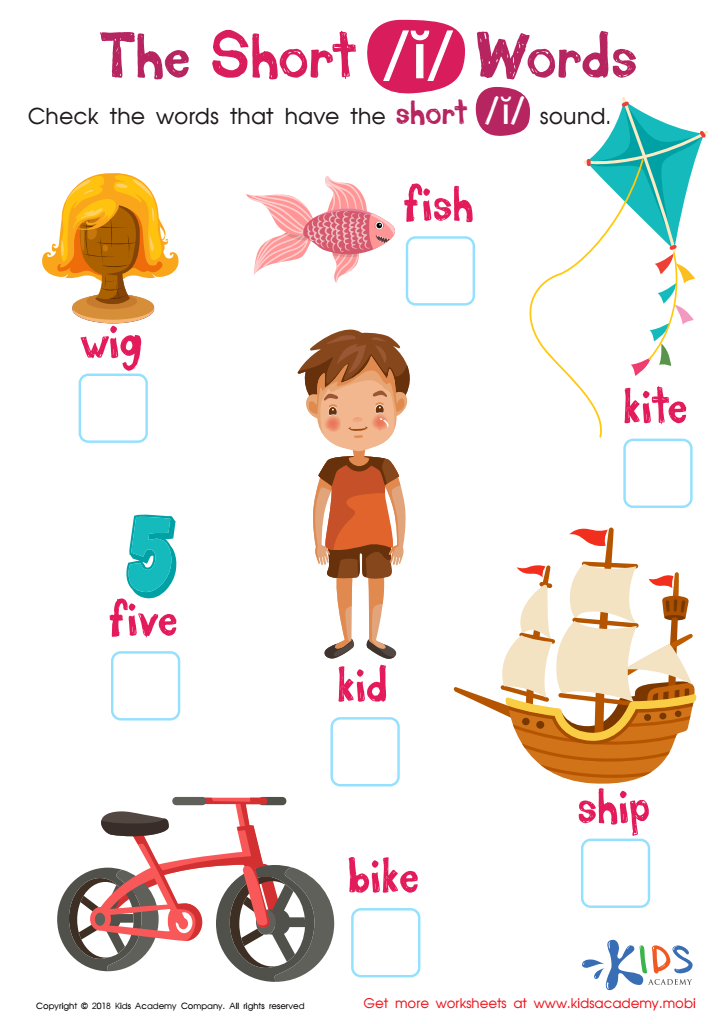

The Short I Words Reading Worksheet
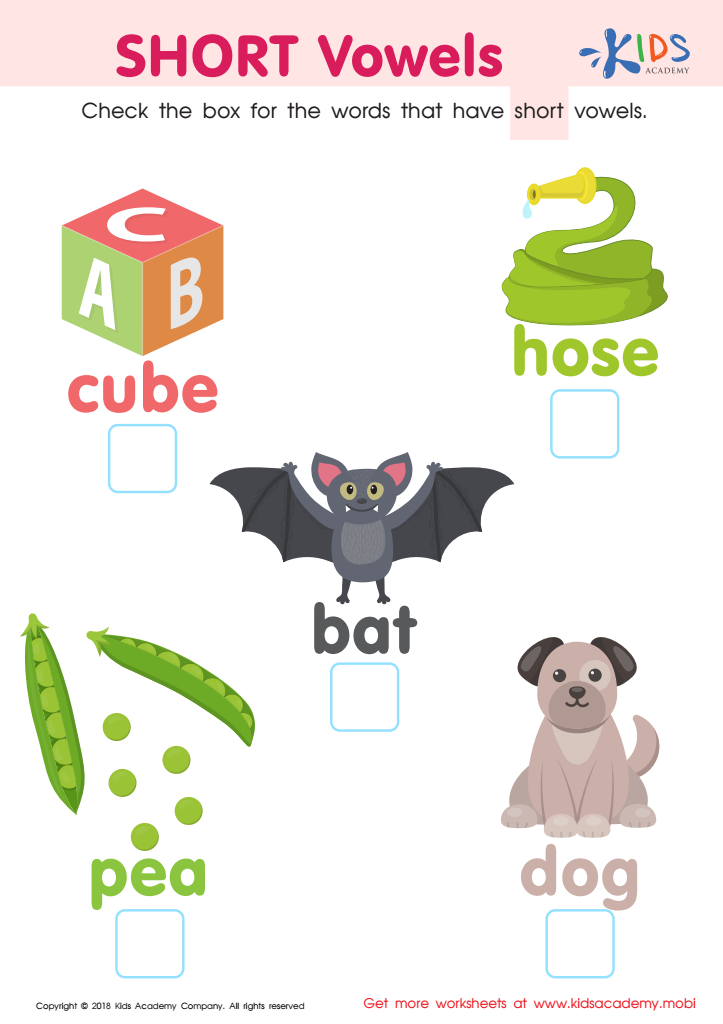

short vowels Worksheet
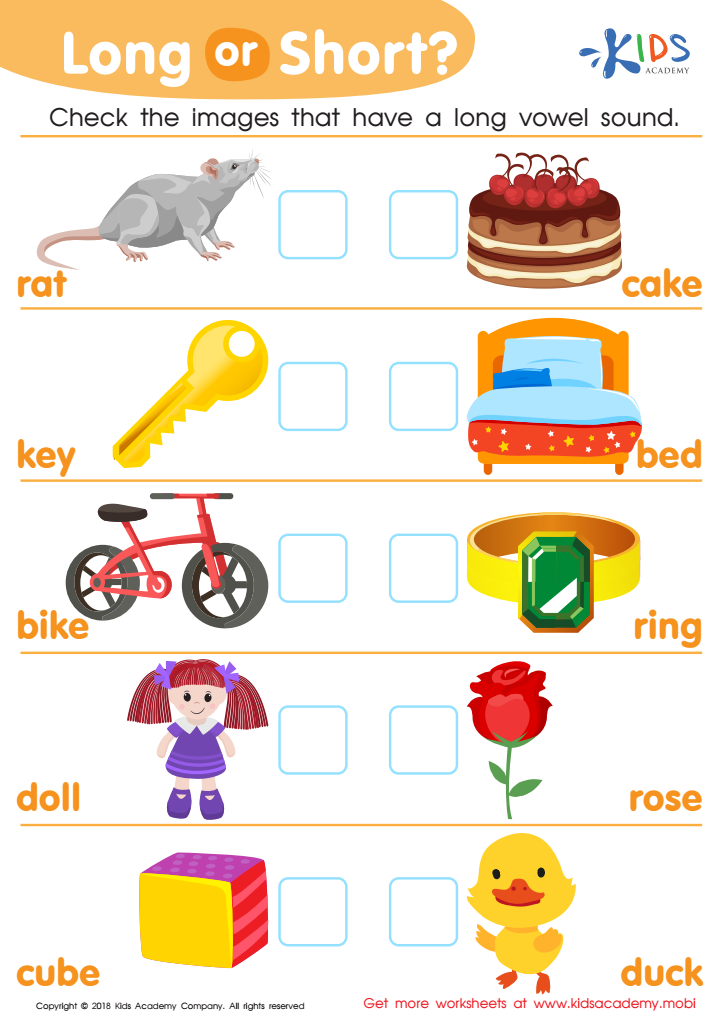

Long or Short Reading Worksheet
Vocabulary enhancement focusing on normal short vowels for children ages 5-6 is crucial for early childhood development. At this formative age, young learners are just beginning to unravel the complexities of language. Mastering short vowel sounds forms a fundamental window through which children learn to decode words and read proficiently.
Firstly, short vowels like "a" in "cat," "e" in "bed," "i" in "sit," "o" in "cot," and "u" in "sun" appear frequently. Familiarizing children with these sounds builds a strong phonetic foundation. Phonemic awareness— the ability to hear, identify, and manipulate these sounds in spoken words— is a key predictor of a child's ability to later read and spell proficiently.
Developing a wide vocabulary helps in better communication, comprehension, and literacy skills. These proficiencies translate to improved performance across all academic subjects. Enhanced vocabulary also aids children in expressing their thoughts, needs, and creativity effectively.
Furthermore, engaging with word games, reading activities, and interactive learning helps children not just memorize but understand usage. This kind of active learning encourages practice and reinforcement.
Parents and teachers play a pivotal role by providing enriching, supportive environments that emphasize vocabulary knowledge. Such dedication sets children on a trajectory toward stronger language skills, academic success, and a lifelong love of learning.
 Assign to My Students
Assign to My Students





